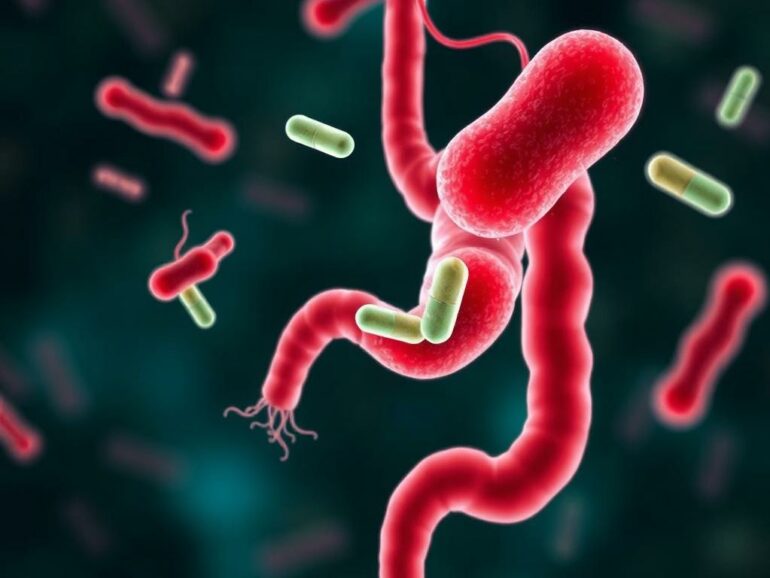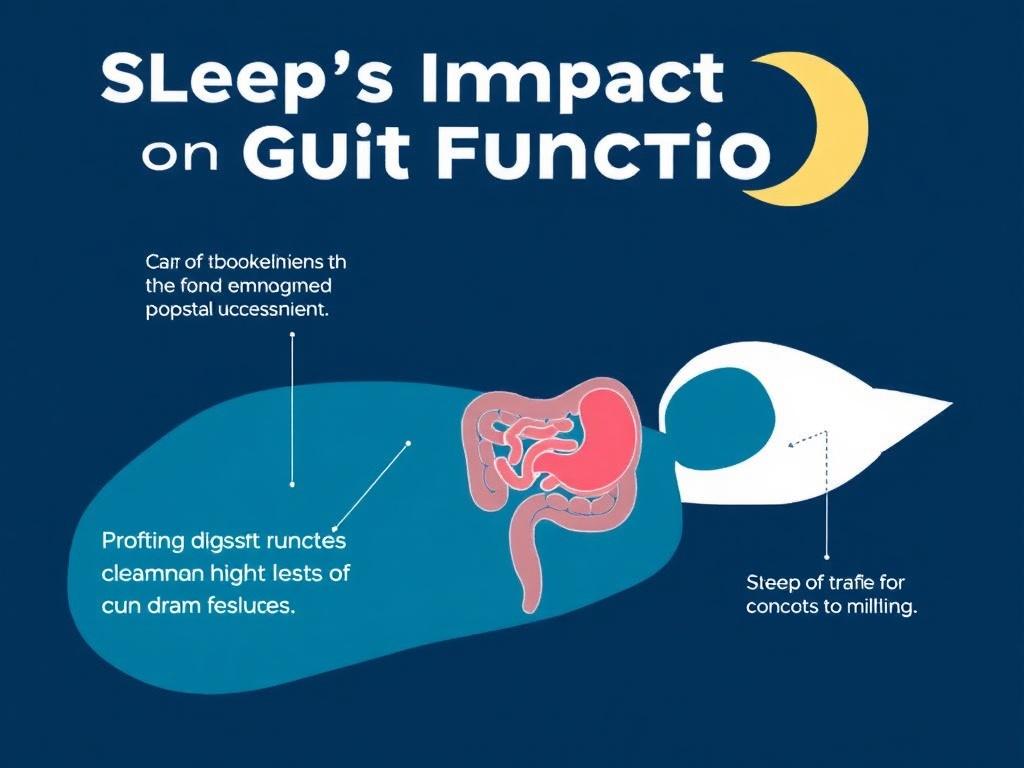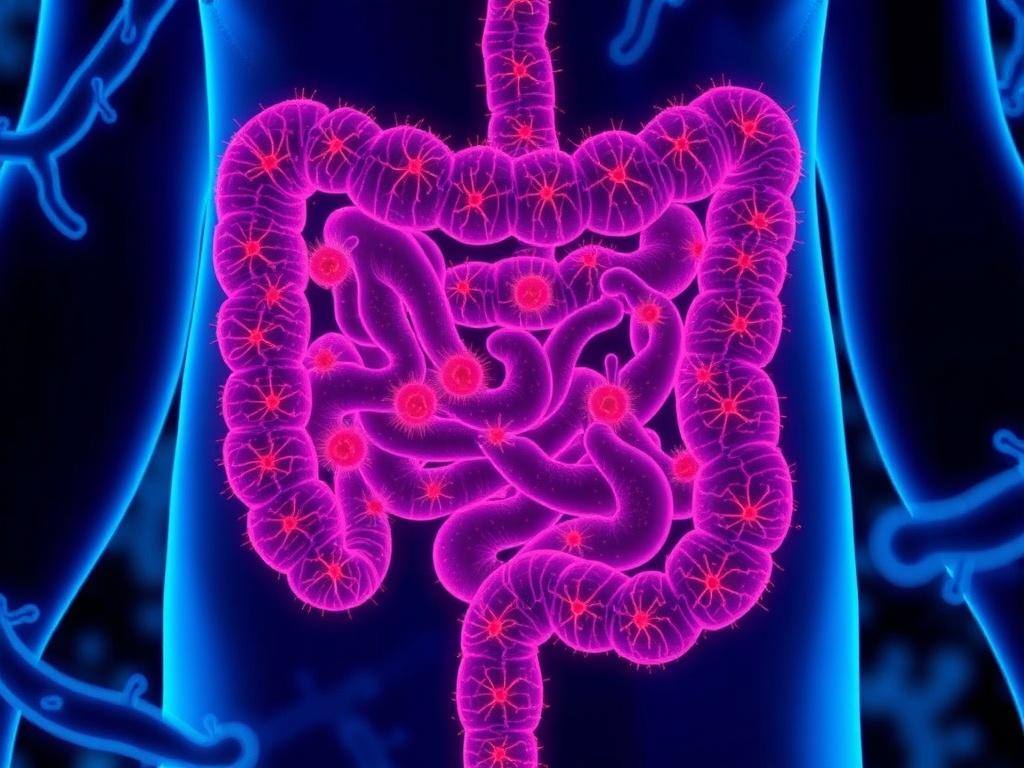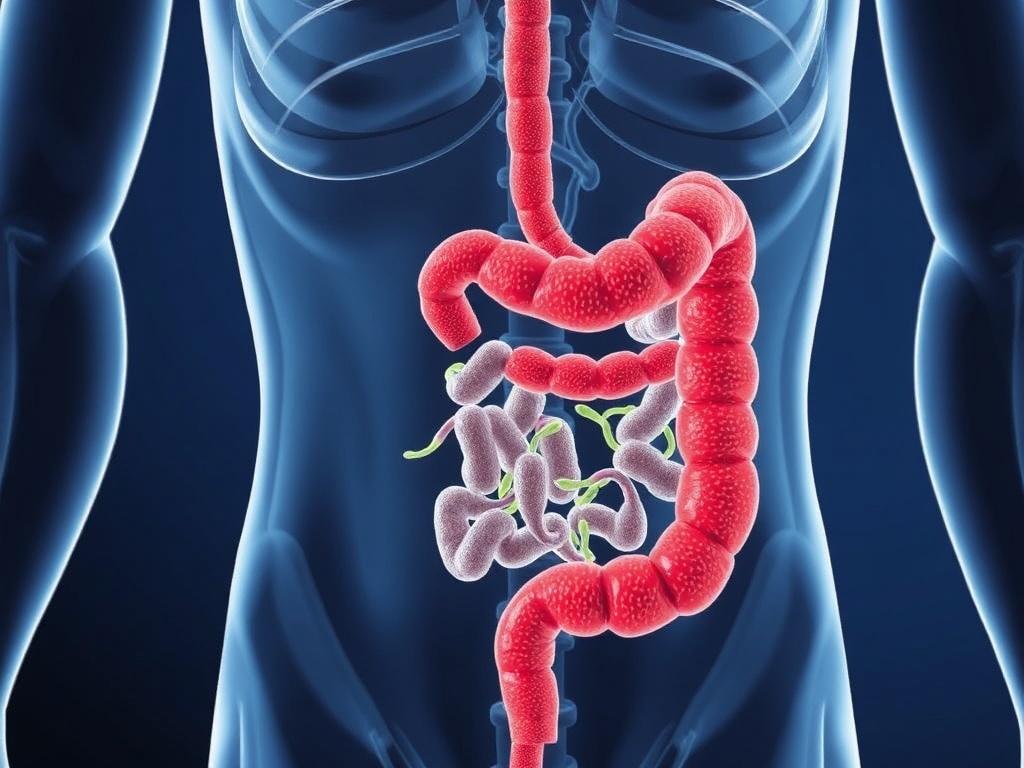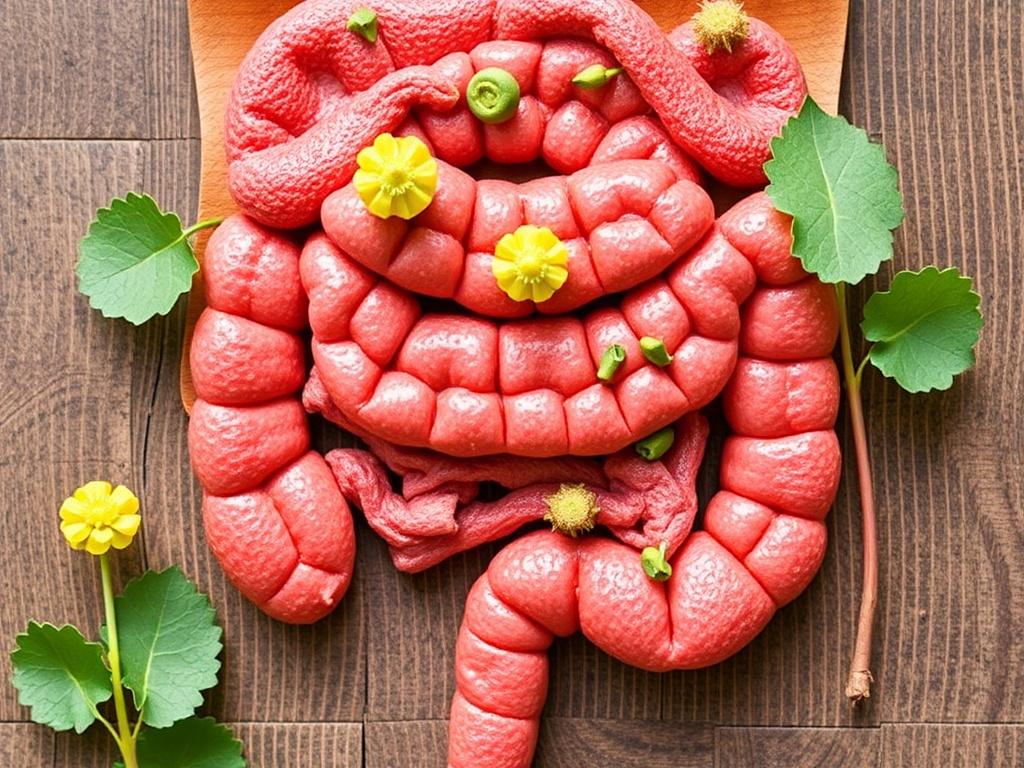Antibiotics are among the most powerful tools in modern medicine. They have saved countless lives by combating bacterial infections that once posed serious threats to human health. But as incredible as these medications are, they come with certain hidden consequences, especially when it comes to the delicate balance of your intestinal bacteria. Understanding how antibiotics affect your gut flora—and why that matters—can empower you to make better health decisions and protect your digestive system in the long run.
What Are Intestinal Bacteria and Why Are They Important?
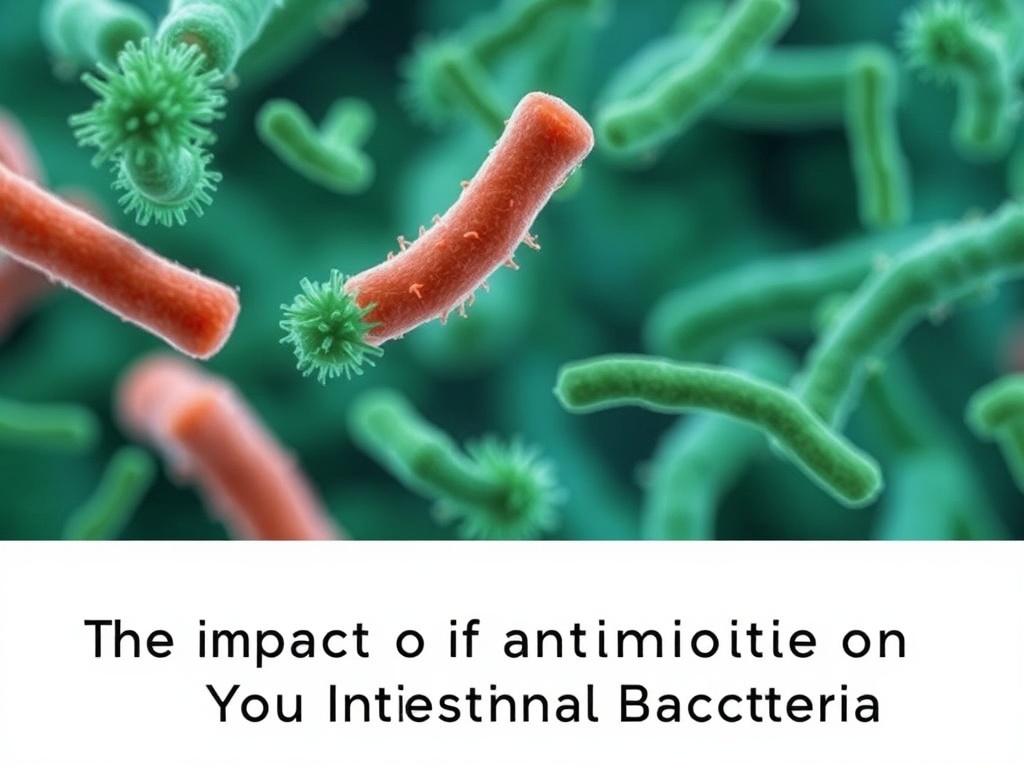
Your intestines are home to trillions of microorganisms, primarily bacteria, collectively known as the gut microbiota. This vibrant ecosystem plays a crucial role in digestion, nutrient absorption, and immune system function. Think of your intestinal bacteria as a bustling city, filled with different species working together to maintain harmony and keep your body running smoothly.
The gut microbiota helps break down complex carbohydrates and fibers, producing essential nutrients like short-chain fatty acids. They also help protect against harmful pathogens by maintaining the intestinal barrier and supporting your immune cells. Additionally, emerging research suggests that the gut microbiota influences mood and mental health, through what is sometimes called the “gut-brain axis.”
The Delicate Balance of Gut Flora
The balance between beneficial and harmful bacteria is vital. When this harmony is disturbed, a condition called dysbiosis can occur, which may contribute to digestive issues, weakened immunity, or even metabolic and mood disorders. Factors such as diet, stress, infections, and, importantly, antibiotics can disrupt this balance.
How Do Antibiotics Work, and What Is Their Effect on Gut Bacteria?
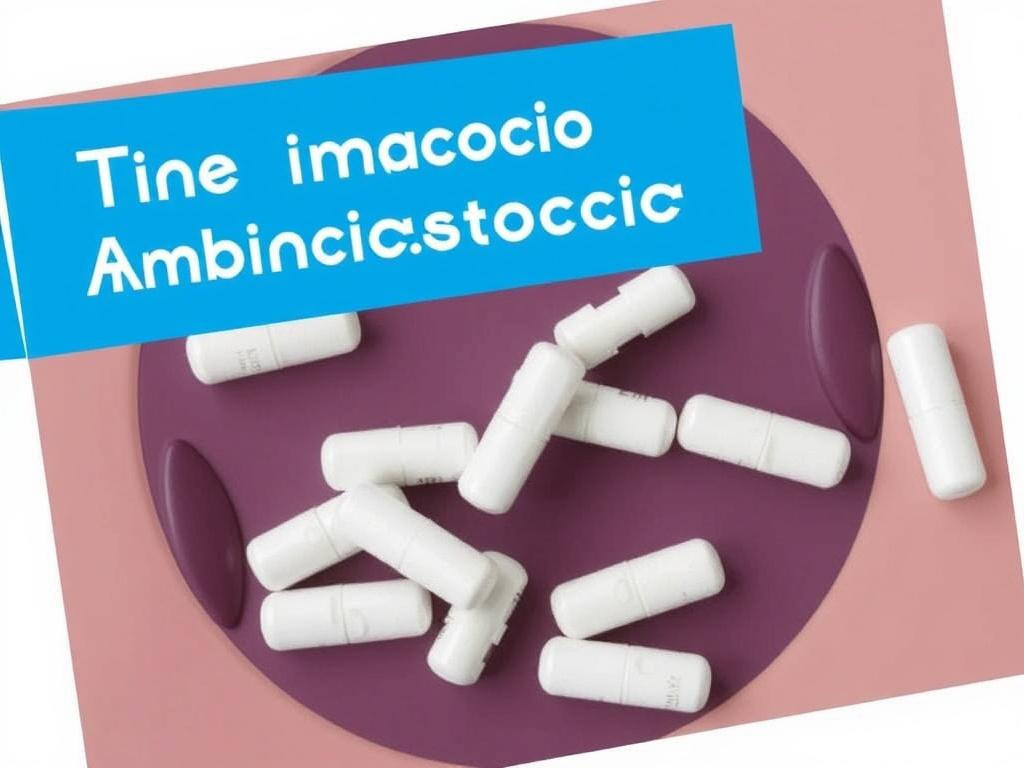
Antibiotics are designed to kill or inhibit the growth of bacteria causing infections. They can be life-saving when used properly, but their action is often broad-spectrum, meaning they don’t just target harmful bacteria—they also affect beneficial bacteria in your gut.
Broad-Spectrum vs. Narrow-Spectrum Antibiotics
To understand the impact, it helps to know the difference between broad-spectrum and narrow-spectrum antibiotics.
| Type | Scope of Action | Impact on Gut Bacteria |
|---|---|---|
| Broad-Spectrum | Targets a wide range of bacteria | High potential to disrupt gut microbiota balance, killing both harmful and beneficial bacteria |
| Narrow-Spectrum | Targets specific bacteria | Less impact on gut bacteria but still can cause some disruption |
Because broad-spectrum antibiotics attack a diverse group of bacteria, they tend to cause greater alterations to the gut flora, sometimes leading to more significant side effects.
Common Effects of Antibiotics on Intestinal Bacteria
Here are some of the key ways antibiotics affect your gut bacteria:
- Reduction in Diversity: Antibiotics can reduce the variety of bacterial species in your intestines, leading to less resilient gut flora.
- Overgrowth of Resistant Bacteria: Some bacteria may survive antibiotic treatment and proliferate, sometimes causing infections like Clostridioides difficile (C. diff).
- Disruption of Metabolic Functions: By killing bacteria that help digest certain foods, antibiotics can temporarily impair digestion and nutrient absorption.
- Altered Immune Responses: Since many immune functions are supported by gut bacteria, their depletion can weaken your body’s defenses or promote inflammation.
Short-Term vs. Long-Term Impact of Antibiotics on Gut Health
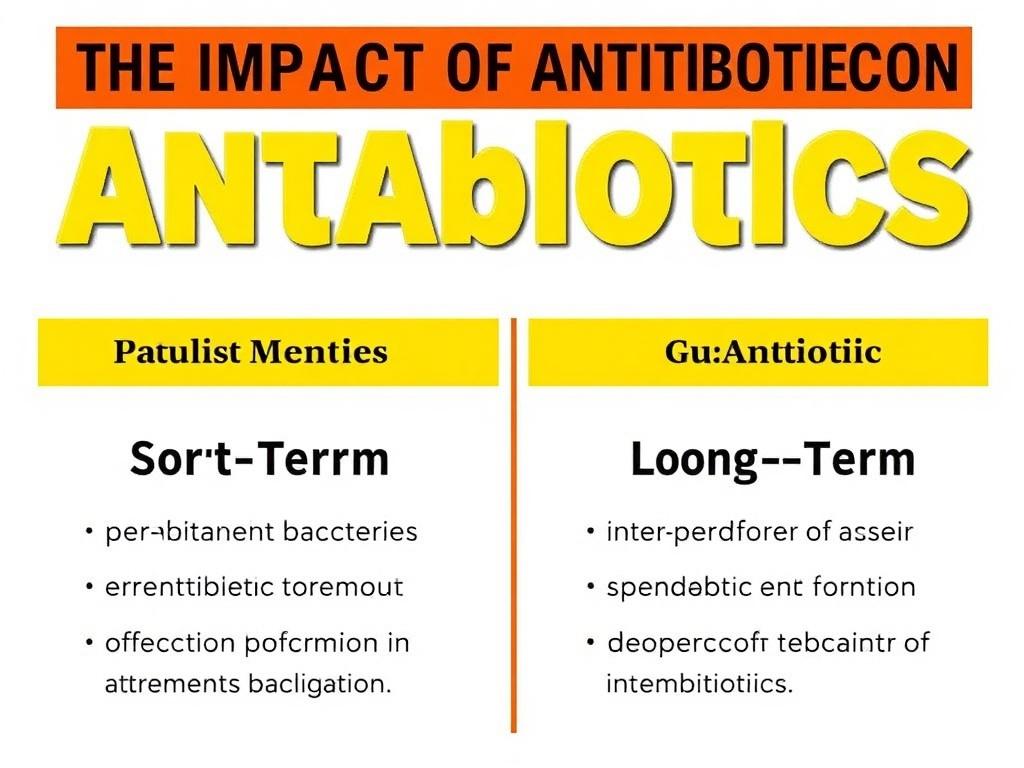
While the initial effects of antibiotics on intestinal bacteria are often noticeable during or shortly after treatment, the consequences can linger or evolve over time. Understanding these timelines can help you anticipate and mitigate problems.
Short-Term Effects
Immediately after taking antibiotics, many people experience digestive symptoms such as diarrhea, bloating, or abdominal discomfort. This is often due to the sudden loss of beneficial bacteria and the resulting imbalance.
Moreover, the reduction in microbial diversity means that pathogens or opportunistic bacteria can seize the chance to grow unchecked, sometimes leading to infections like yeast overgrowth or C. diff colitis.
Long-Term Effects
The long-term impact is less well understood but gaining growing attention. Some studies have indicated that repeated or high-dose antibiotic treatments may cause prolonged dysbiosis, potentially lasting months or years. This prolonged imbalance has been linked to chronic health issues like:
- Increased susceptibility to allergies and asthma
- Metabolic disorders, including obesity and diabetes
- Autoimmune diseases such as inflammatory bowel disease (IBD)
- Mental health challenges, including depression and anxiety
The gut microbiota typically recovers over time, but the extent and speed depend on various factors like diet, lifestyle, age, and whether probiotics or prebiotics are used to facilitate restoration.
Support Your Gut During and After Antibiotic Treatment

Given the importance of intestinal bacteria for overall health and the impact antibiotics can have, it’s crucial to take steps to protect and restore your gut microbiota during and after antibiotic therapy.
Helpful Strategies and Recommendations
- Use Antibiotics Judiciously: Only take antibiotics when prescribed by a healthcare professional and complete the full course to prevent resistance but avoid overuse.
- Choose Narrow-Spectrum When Possible: When appropriate, narrow-spectrum antibiotics cause less disruption to your gut flora.
- Incorporate Probiotics: Probiotics, such as Lactobacillus and Bifidobacterium strains, may help replenish beneficial bacteria and reduce side effects like antibiotic-associated diarrhea.
- Eat a Gut-Friendly Diet: Focus on prebiotic-rich foods (like garlic, onions, bananas, and asparagus) that feed healthy bacteria, along with fermented foods such as yogurt, kefir, sauerkraut, and kimchi.
- Stay Hydrated and Rested: These basic health habits support your immune system and recovery.
When to Consult Your Healthcare Provider
If you experience persistent digestive symptoms during or after antibiotics—such as severe diarrhea, blood in stool, prolonged bloating, or unusual fatigue—you should seek medical advice promptly. Sometimes additional treatment is needed to address complications like C. diff infections or severe gut dysbiosis.
The Future of Antibiotics and Gut Health
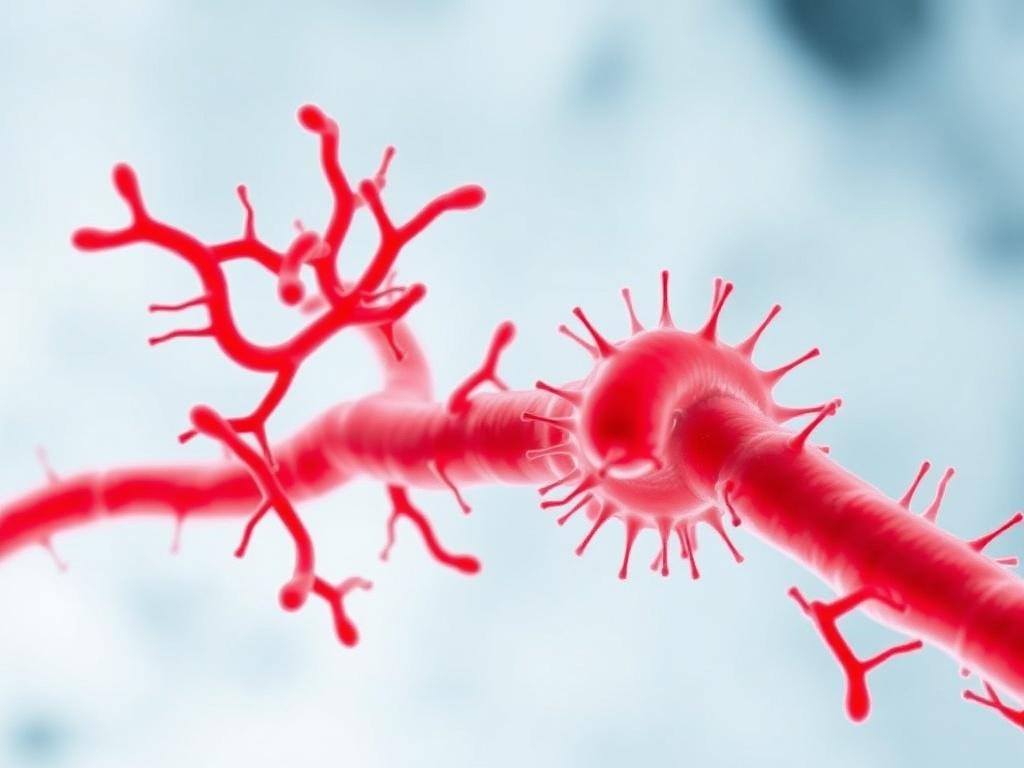
Medical research continues to explore ways to minimize the negative impact of antibiotics on intestinal bacteria. Some promising developments include:
- Personalized Antibiotic Therapy: Using genetic tests to choose the most targeted antibiotic based on the patient’s microbiota composition.
- Adjunctive Probiotics and Postbiotics: Specific probiotic strains or functional bacterial metabolites administered alongside antibiotics to protect the gut.
- Fecal Microbiota Transplants (FMT): For severe cases of dysbiosis or recurrent C. diff infection, restoring healthy gut bacteria via FMT is proving effective.
- New Antibiotics and Alternatives: Developing drugs that selectively target pathogens without disrupting beneficial bacteria or exploring non-antibiotic therapies like phage therapy.
While these advances hold promise, awareness and careful antibiotic use remain the best defense right now for protecting your intestinal bacteria.
Summary Table: Antibiotics and Their Impact on Intestinal Bacteria
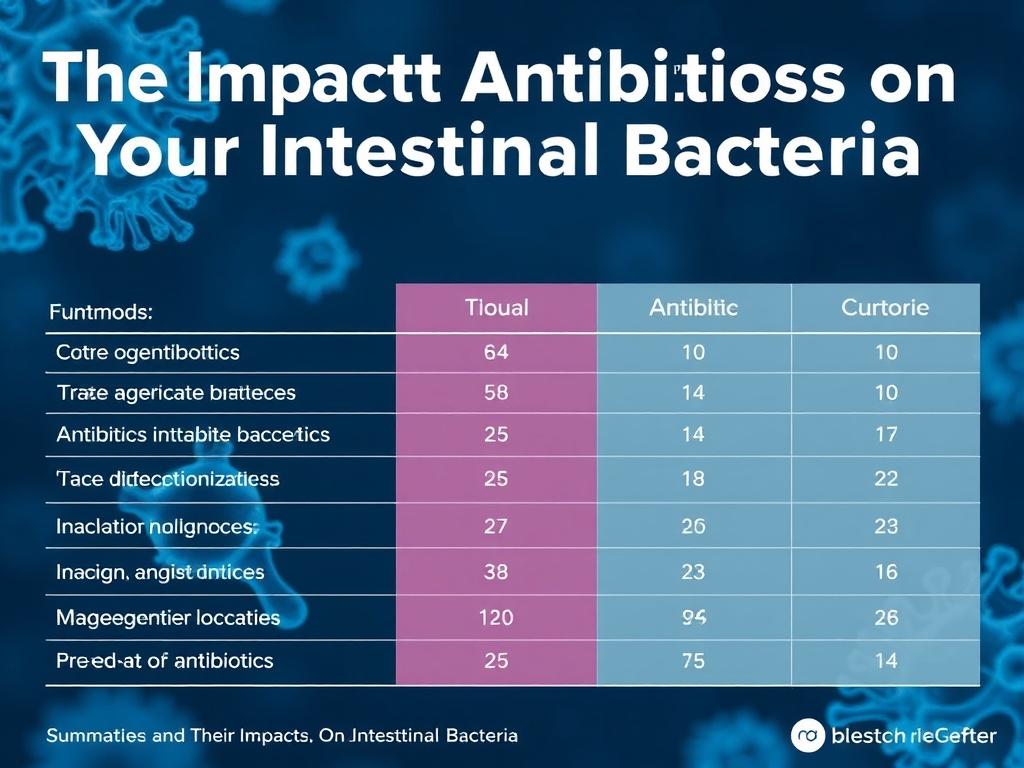
| Aspect | Effect | Potential Consequences | Mitigation Strategies |
|---|---|---|---|
| Diversity | Reduction in number and types of gut bacteria | Dysbiosis, digestive discomfort, infection risk | Probiotics, prebiotics, dietary support |
| Resistance | Overgrowth of antibiotic-resistant bacteria | Recurrent infections, harder-to-treat pathogens | Judicious antibiotic use, infection control |
| Metabolic Function | Impaired digestion and nutrient absorption | Malnutrition, digestive symptoms | Dietary management, supporting gut recovery |
| Immune Modulation | Altered immune responses and inflammation | Increased allergy risk, autoimmune conditions | Minimize unnecessary antibiotic use, immune support |
Frequently Asked Questions About Antibiotics and Gut Health

Can probiotics completely prevent antibiotic-related gut problems?
Probiotics can significantly reduce the risk and severity of antibiotic-associated diarrhea and help restore balance, but they may not completely prevent all side effects. Their effectiveness depends on the specific strains used and timing.
How long does it take for the gut microbiota to recover after antibiotics?
Recovery can begin within a few weeks but may take months or longer for the microbiota to return to its original diversity and function, especially after multiple antibiotic treatments.
Are there antibiotics that do not affect the gut bacteria?
Almost all antibiotics can impact gut flora to some extent. However, narrow-spectrum antibiotics aimed at specific infection sites may cause less disruption.
What foods are best to eat after a course of antibiotics?
Focus on prebiotic foods that feed gut bacteria (like fiber-rich vegetables, garlic, and onions) and fermented foods (such as yogurt, kefir, and kimchi) to encourage growth of beneficial microbes.
Can gut dysbiosis cause long-term health problems?
Yes, prolonged dysbiosis is associated with a range of health conditions, including digestive disorders, allergies, metabolic diseases, and mental health challenges.
Conclusion
The relationship between antibiotics and your intestinal bacteria is a complex but critical aspect of health that deserves attention. While antibiotics are often indispensable for fighting infections, their wide-reaching effects on your gut microbiota can lead to both short-term discomfort and longer-term health challenges. By understanding these impacts, using antibiotics responsibly, supporting your gut through diet and probiotics, and staying alert to symptoms, you can help ensure the resilience of your intestinal ecosystem. As research advances, more targeted therapies and protective strategies will hopefully emerge, allowing us to retain the life-saving benefits of antibiotics while preserving the vitality of our gut microbiota—truly a win-win for health today and the future.
Читайте далее: